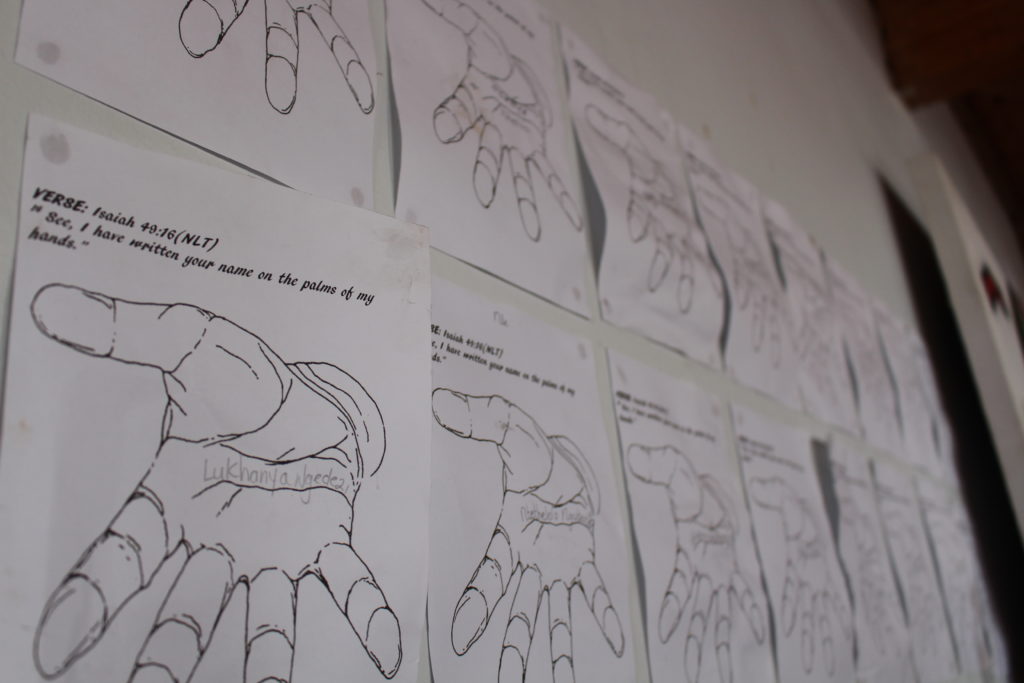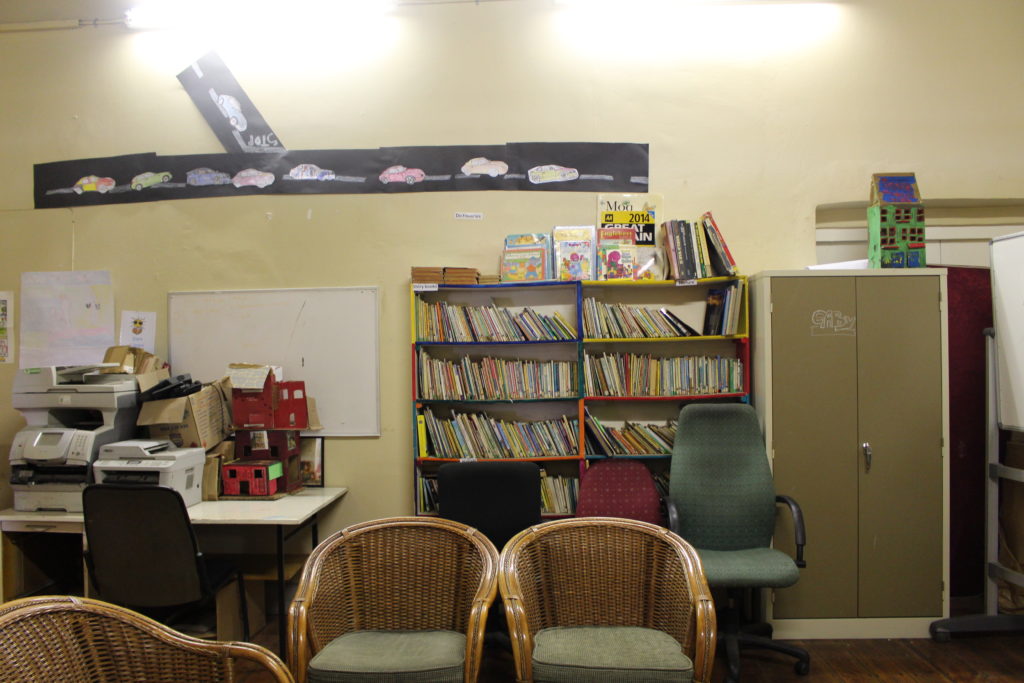The Beverage Association of South Africa is hoping that the cabinet reshuffle will bolster its efforts to oppose government’s plans to tax sugary drinks.
Former Finance Minister Pravin Gordhan proposed a tax on sugar-sweetened beverages‚ as part of government’s efforts to tackle obesity.
But during the budget meeting in February‚ the proposed implementation date of a sugar tax was shifted until later in 2017.
The beverage association‚ which represents the interests of the non-alcoholic beverage industry‚ is hoping to take advantage of Gordhan’s axing in favour of new Finance Minister Malusi Gigaba. Legislation to introduce the tax is yet to be finalised.
Speaking on behalf of the association‚ general manager for corporate services Tshepo Marumule said‚ “We have recognized the change in ministry and see it as an opportunity to take action forward against the tax”.
The cabinet reshuffle has fueled speculation about whether the sugar tax will still be implemented.
“Parliament convened on the taxation because in its current form‚ the tax is too complex and complicated and it can’t be proven that the tax will actually help South Africans’ health. We appreciate the further consultation on the tax and would like to see the best solution for the country‚” said Marumule.
The World Health Organization supports the imposition of a sugar tax. WHO South African representative Dr Rufaro Chatora said‚ “By implementing a tax on sugary drinks to increase the prices of these beverages‚ South Africa will be taking a proactive step to reduce the intake of sugars‚ which contribute to unhealthy weight gain and other diet-related NCDs [non-communicable diseases]‚ including diabetes”.
What lies ahead for the war on sweet beverages is uncertain but there appears to be some fizz left in the fight against taxing them.
– TMG Digital/The Times







